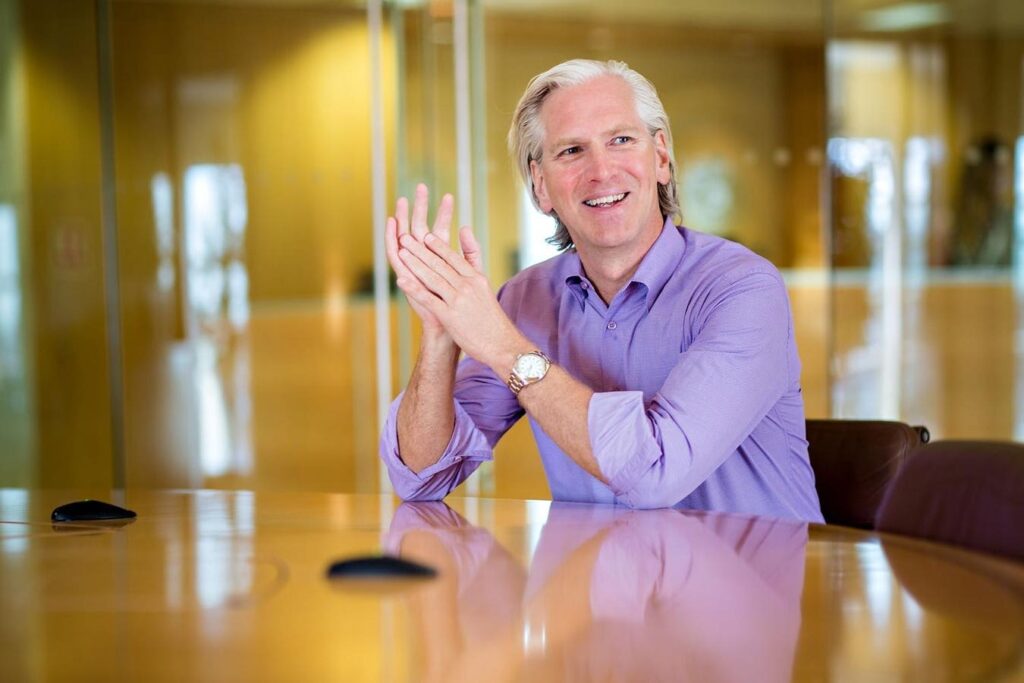Unicorn companies are having a disproportionate impact on the startup ecosystems of Europe and Israel, according to research published this week by venture capital firm Accel and data provider Dealroom.
As things stand, Europe and Israel are home to 360 unicorns and out of that number, 281 have become what the report describes as “founder factories,” collectively spawning more than 2,000 startups.
As London-based Accel partner Harry Nelis explains, this is not a conscious act of creation on the part of the unicorns themselves. It is a byproduct of the way the fastest-growing technology companies in Europe and Israel tend to work.
“Typically, the way that larger unicorns approach product development is by setting up small entrepreneurial teams focused on product extension,” he says.”The employees on those teams get exposed to an entrepreneurial culture. And having done that once, they realise how much fun it is. So, they do it for themselves.”
It’s a phenomenon underlined by Will Shu, CEO of Deliveroo, one of the unicorns cited in the report. In a prepared quote, he says his company has been an incubator for new startups. “Many of these founders were at Deliveroo in the early days and saw what is possible when hard work, risk-taking, insightful ideas, and complex problem-solving come together.”
And as Nelis sees it, by serving as a breeding ground for new talent, the unicorns of Europe and Israel are changing the face of entrepreneurship on this side of the Atlantic.
To illustrate the point, he compares and contrasts 2025 with the early 2000s, when U.S. VC Accel opened its London office in pursuit of global opportunities.
From First Time To Repeat
In the beginning, we were working with first-time entrepreneurs, and they, in turn, would hire first-time-around teams. So they were reinventing the wheel all the time.”
Today, he says, it’s different. Accel – and the same is probably true for many other VCs – is increasingly working not only with repeat entrepreneurs but also repeat management teams. In addition, experienced people are emerging from the unicorns.. In other words, the much-hoped-for flywheel effect, under which the alumni of successful companies become entrepreneurs themselves, is kicking in
Nelis says this is having a major impact on the ability of Europe to create companies that compete globally. As he sees it, the elements that come together to drive success are capital, good products and IP, and also intellectual capital in the shape of skilled and well-equipped founders and teams. The first two items on that list have been available in Europe.for some time. Today, he says there is a deepening well of intellectual capital..
Role Models
The presence of experienced teams, he says, correlates with success. “You see success stories in the shape of the unicorns, and already, the successful entrepreneurs become role models. They, in turn, inspire younger people. So you get a combination of really successful companies that train people well and role models. That’s very inspiring.
As is perhaps to be expected, some of Europe’s most high-profile unicorns have a strong record in nurturing employees who go on to become entrepreneurs in their own right. According to the report, the top founder factories include fintech, Klarna, music streamer Spotify and fashion company Zalando. Between them, they have seen 181 startups emerge from within their businesses. In geographic terms, London, Berlin and Paris are home to the most prolific founder factories.
We’re not necessarily talking about minnows. Around 60% of the startups cited in the report have raised more than $1 million in capital from VCs. Further up the growth curve, 22% of first-generation unicorns have at one time been home to employees who have gone on to become founders of second-generation $1 billion companies. A case in point is Skype. Wise, Bolt and Pipedrive were all founded by employees of the pioneering Estonian video call company.
Impact On Investment
For good or ill, the flywheel effect may be having an effect on the way VCs invest. Nelis says his firm does not necessarily favor a unicorn alumnus over an entrepreneurial first timer, but in the constant search for deal flow, graduates from successful tech companies provide an obvious place to look.
“We have to decide where we spend our time and where the most interesting parts of the pond are to fish in. So if we notice a company has interesting people coming out who have been trained there,we spend more time with them. It’s like going to fast-flowing water,” he says.
Now, before we get too excited, it has to be said that Europe has a long way to go before it matches the dynamism of the U.S.. For one thing, it is a more fragmented market, broken up into countries and cities. Nelis says fragmentation isn’t helpful, but nor is it too much of an impediment to further progress. “The ecosystems that have emerged – London, Berlin, Paris – are big enough to be self-sustainable,” he says,
However, he stresses that successful companies can emerge anywhere. He cites automation company, UIPath. Founded in Romania, it was an early SaaS decacorn.
Europe has yet to produce a Facebook or Google, but the continent is home to an increasing number of impactful tech businesses. If Accel is correct, these companies are also crucial to nurturing the next generation of fast-growth businesses.
Read the full article here











